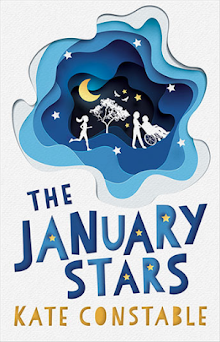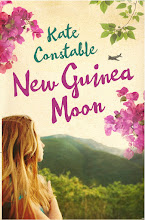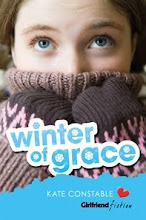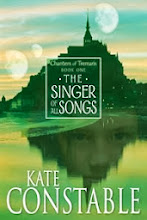Last week, on a whim, I checked Brotherhood Books (the Brotherhood of St Laurence secondhand book service) to see if they had any Antonia Forest titles -- and they did! I almost felt guilty buying Run Away Home, the final book in Forest's series about the Marlow family, so cheaply*. It was wonderful timing, too, to coincide with the read-through of this book currently running on Live Journal.
Most Forest fans will admit that this novel, the tenth Marlow book, is not the strongest of the series; but even a weak Antonia Forest book is streets better than your average lit, kid or adult. Forest wrote children's literature for adults who love kids' books -- though I, and most other fans I've come across, got hooked young.
The Marlows are a sprawling family of six daughters and two sons, and the books mostly focus on the youngest two, the twins, Nicola and Lawrie (I adore Lawrie). Four of the novels deal with the sisters' experience at a boarding school, Kingscote; the other six are 'home' stories, some focussed on domestic events and some on wild adventures (drug smuggling pigeons, anyone??). In Run Away Home, the Marlow siblings (Dad is away in the Navy and conveniently Mum has to go to Paris for Christmas in this book) decide to assist a runaway 'tug-of-love' boy reunite with his Swiss father; at first they shelter him in one of their outbuildings, then, when he's recaptured by Authority, concoct a very elaborate plot to spirit him away from the local panto performance and sail him across to the Isle of Wight, where he's supposed to be collected by his father's friend… Of course, the plan goes awry and almost ends in catastrophe.
But the pleasure of this book doesn't lie in the (frankly ridiculous) adventure stuff. The conversations and arguments between the brothers and sisters, most of whom we know very well by now, and their sympathetic neighbour Patrick; the descriptions of sailing; the complex, sophisticated, nuanced interactions and relationships between this group of siblings and their rich inner lives, are the true delights of a Forest book, and even when the actual plot is weird or disappointing, there are always redeeming scenes that make it worth re-reading (Christmas dinner in a cave at the beach; Patrick's midnight vigil; Lawrie impersonating the runaway boy in a monkey costume).
And I still have that particular pleasure yet to come.
* It was $5.50. The next cheapest version I've found was $150, plus shipping from the UK.




















